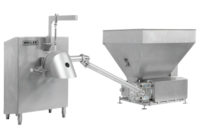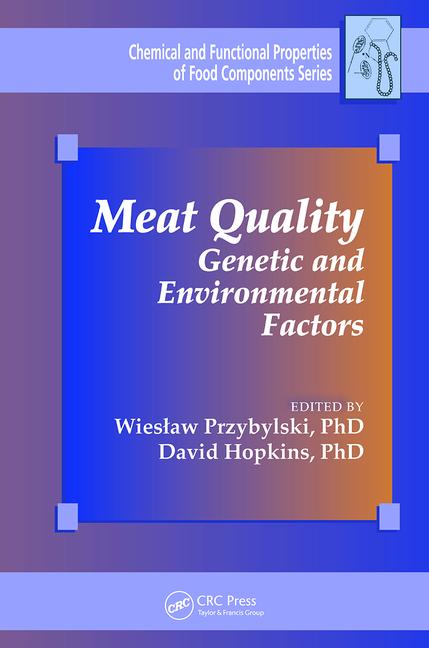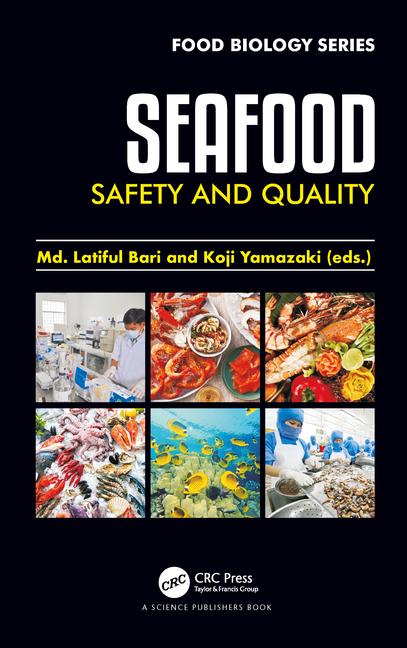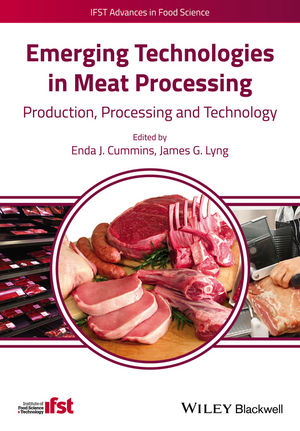High Quality Sells Itself
By Bryan Salvage, Senior Editor
Private-label meat and poultry products evolve to satisfy increasing consumer demand for higher quality.
Generic? Bite your tongue! The days of lesser-quality, store-branded meat and poultry products are l-o-n-g gone. An increasing number of retailers now demand private-label meat and poultry products that are equal to —or better than — the leading national brands in overall quality. Efforts to meet this demand were witnessed repeatedly during the Private Label Manufacturers Association’s (PLMA) Store Brands 2025 Private Label Trade Show, which was held in November at the Rosemont Exhibition Center near Chicago.
More than 2,300 booths exhibited products ranging from meat and poultry products to general non-food merchandise. Although product categories were vastly different, they all claimed to feature one common trait: higher-quality products. In the meat and poultry categories, improving quality was THE major product and packaging trend.
Tyson’s take
“The deli tub [plastic tub with a portable, resealable lid containing shaved lunchmeat] is a growing category in private label,” says one sales manager manning Tyson Foods’ booth. “And we’re starting to make dry sausage in a dry pack.”
Tyson offers a wide range of sliced-meat products and packaging options for private-label. It also is offering more pizza component-type items for private label, he adds.
Meanwhile, the Fresh Mark Inc. booth touted its Sugardale Express brand of shaved meats in Rubbermaid® containers for private-label .
“The Rubbermaid containers are sandwich-shaped. When the meat is gone, consumers can use the container to pack their sandwiches,” explains Kristin Clemmer, director of marketing, Fresh Mark Inc., Massillon, OH. New, thinly-shaved meat flavors include honey turkey, oven-roasted turkey, honey ham, brown-sugar ham, and smoked ham that are packed in 10-ounce containers, and thinly-sliced sliced hard salami in 6-ounce containers.
“Consumers want smaller quantities of perishables,” Clemmer adds. She says the Rubbermaid containers are more durable, sturdier, and safer (i.e., can withstand the freezer, microwave, and dishwasher) compared to other tub packaging for lunch meat.
“We partnered with Rubbermaid to add value,” she says.
Gold Kist Inc., Atlanta, GA, the No. 3 chicken processor in the United States, takes private label very seriously.
“While other companies are dabbling in private-label chicken, Gold Kist is the expert,” relayed signage at its booth. Gold Kist, the leader in private-label chicken, offers a full line of products and services for this growing market.
“More [retailers] are looking at private-label brands to further distinguish themselves from the competition,” says Greg Moore, director of marketing. “Fresh poultry programs are growing fast.”
Moore stresses that many customers are going with further value-added programs as opposed to commodity programs, and they advertise their products as a brand —not as a price-saver.
“We see opportunities in fully-cooked items for private label,” he adds, “ but price points [fully cooked versus raw] are a challenge.”
Abbeyland, based in Abbotsford, WI, processes fresh and semi-dry sausage for retail and foodservice under the Abbeyland label, as well as through co-packing —which includes private label.
“Our private-label [business] is doing wonderful,” says Patricia A. Patterson, sales representative. She adds that private label programs allow retailers to better control and promote their own private-label products, which retailers like. Among products being exhibited at their booth was chicken sausage with honey barbecue sauce.
Cher-Make Sausage Co., Manitowoc, WI, has been making quality sausage since 1928. Among its products for private label that were on display were garlic and herb chicken sausage, smoked chicken sausage with lemon pepper and parsley, bratwursts, natural-casing wieners, and ring bologna.
When asked about trends in private-label meat and poultry, John Grosser, director of sales and marketing, answers quickly: “More products feature higher quality.”
A unique proposition
As a product category evolves, it usually diversifies, too. Although a number of top-quality companies exhibited jerky products at the show, one company exemplifies the entire private-label evolution. Tengu Co., Santa Fe Springs, CA, began manufacturing and selling Japanese-American products in 1949. In 1978, Tengu Brand Beef Jerky was introduced. Today, the company offers a wide variety of jerky including Clam Jerky, which is touted as “the first quality Hokkigai sushi-grade Atlantic clams, processed with secret Tengu ingredients.”
Most recently, the company decided to provide full-service, private-label, and custom packaging for beef-jerky products. Throughout the years, Tengu managers and employees have been motivated by a single motto, which all suppliers of private-label meat and poultry should take special note of: High quality sells itself.




Report Abusive Comment